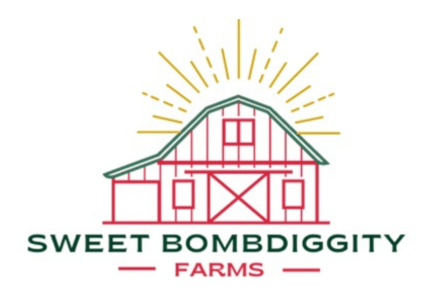We all need a break sometimes, right? But the stress that comes from leaving our farms, homes, animals, and crops to a sitter is real! There is just so much information to share and it’s hard to know where to start sometimes. Here’s a quick list of things every farmer needs to remember when going on vacation and briefing the farm sitter as well as a link to a free downloadable template so that you can make your own info sheet. Really, it’s free. No strings attached, I promise! I have been so stressed and decided that creating this for myself would be helpful now and also save time in the future–I thought it might help you too!
1. Contact Information: Provide the farm sitter with your contact information, including phone numbers and email, so they can reach you in case of emergencies or important updates.
2. Emergency Contacts: Give the farm sitter a list of emergency contacts, including the nearest veterinarian, neighbors who can help, and anyone else who can assist in case of unforeseen events.
3. Animal Care Instructions: Detail the feeding schedule, dietary restrictions, and any medications for each animal. Also, mention specific care instructions for different animal species.
4. Health Records: Provide the farm sitter with health records for each animal, including vaccinations and medical history, to aid in proper care or at least make sure that they are listed as able to help with your veterinarian’s office.
5. Housing and Shelter: Show the farm sitter where each animal is housed or where they should be kept during different times of the day.
6. Daily Routines: Explain the farm’s daily routines, such as feeding times, milking schedules, and any other regular tasks that need to be done.
7. Equipment and Tools: Familiarize the farm sitter with essential equipment and tools they might need, such as tractors, feeding tools, and safety equipment.
8. Plant Care: If you have crops or gardens, provide care instructions for watering, weeding, and pest control.
9. Fence and Gate Maintenance: Highlight any specific instructions for maintaining fences and gates to keep animals secure.
10. Weather Precautions: Inform the farm sitter about weather-related precautions they should take, such as providing extra shelter during storms.
11. Animal Behavior: Share insights into each animal’s behavior and personality traits, so the farm sitter can better understand and handle them.
12. Livestock Handling: If the farm sitter is not experienced with certain livestock, provide guidance on safe handling techniques.
13. Records and Logs: Encourage the farm sitter to keep a log of daily activities, any observations, and notable events.
14. Stay Connected: Ensure that you and the farm sitter have a plan for regular check-ins to share updates and address any concerns.
Happy travels and enjoy your well-deserved break! 🚜💚. I’ll let you know how well my efforts worked when I am relaxed on a beach one day soon!

